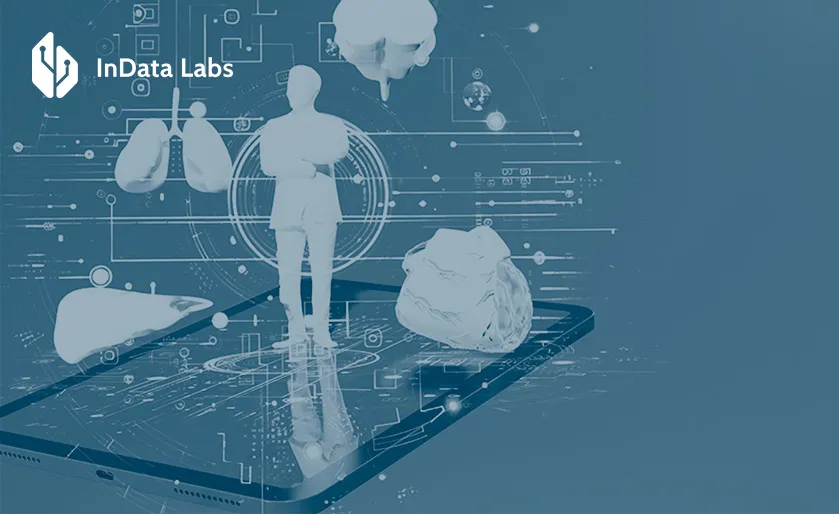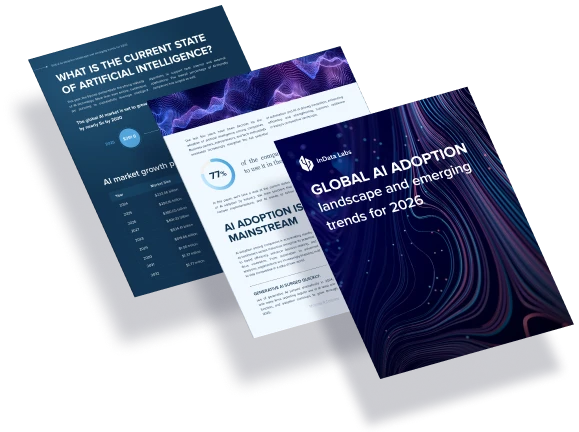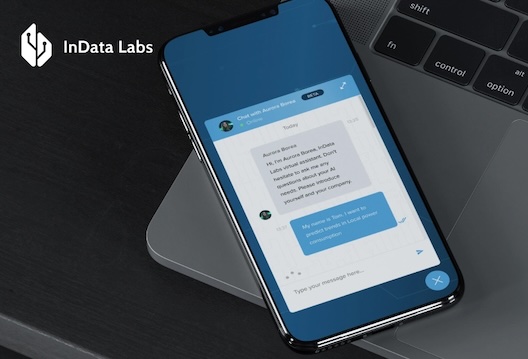Our Blog
-
 18 February 202610 top data science companies to check out in 2026Read More
18 February 202610 top data science companies to check out in 2026Read More -
 12 February 2026AI retail technology trends and predictions for retail in 2026Read More
12 February 2026AI retail technology trends and predictions for retail in 2026Read More -
 10 February 2026AI in digital health:
10 February 2026AI in digital health:
News and predictions 2026Read More -
 5 February 2026What is the cost of implementing AI in 2026 and beyond?Read More
5 February 2026What is the cost of implementing AI in 2026 and beyond?Read More -
 3 February 2026The future of AI in preventive healthcare: PredictionsRead More
3 February 2026The future of AI in preventive healthcare: PredictionsRead More -
 29 January 2026AI trends in finance 2026: The new era of intelligent financeRead More
29 January 2026AI trends in finance 2026: The new era of intelligent financeRead More








